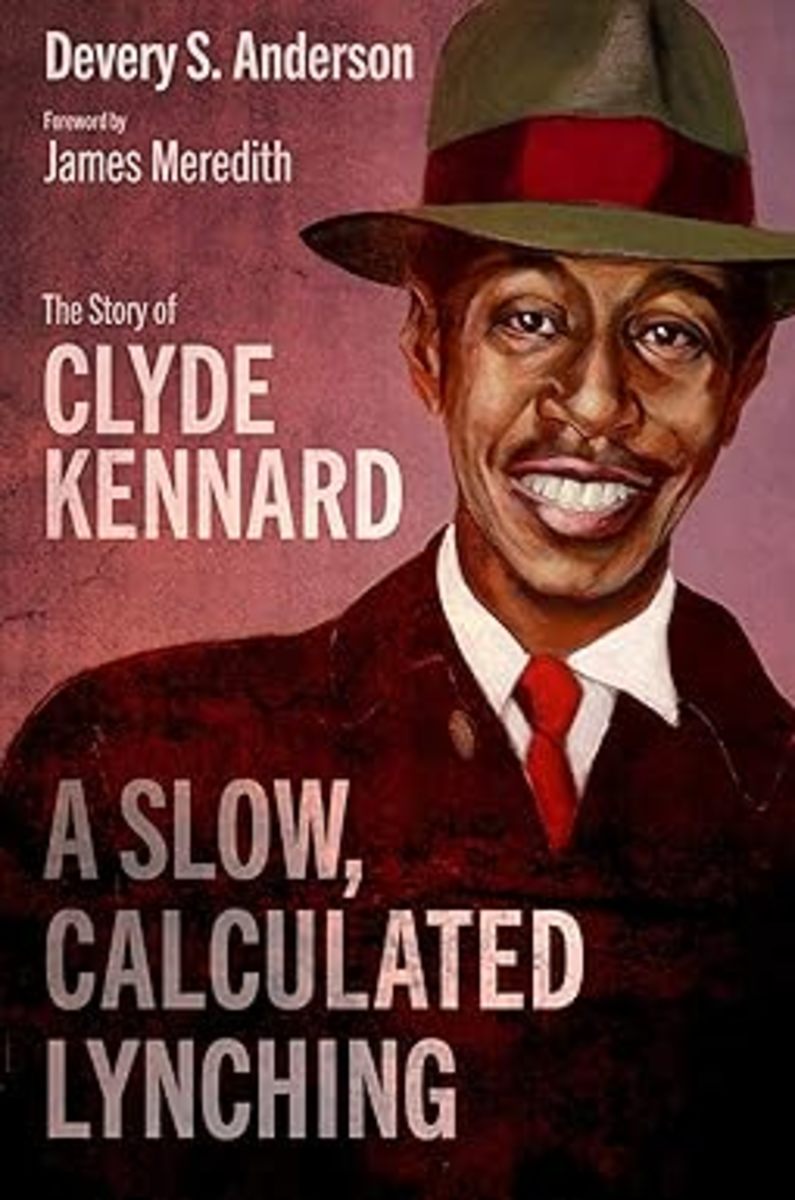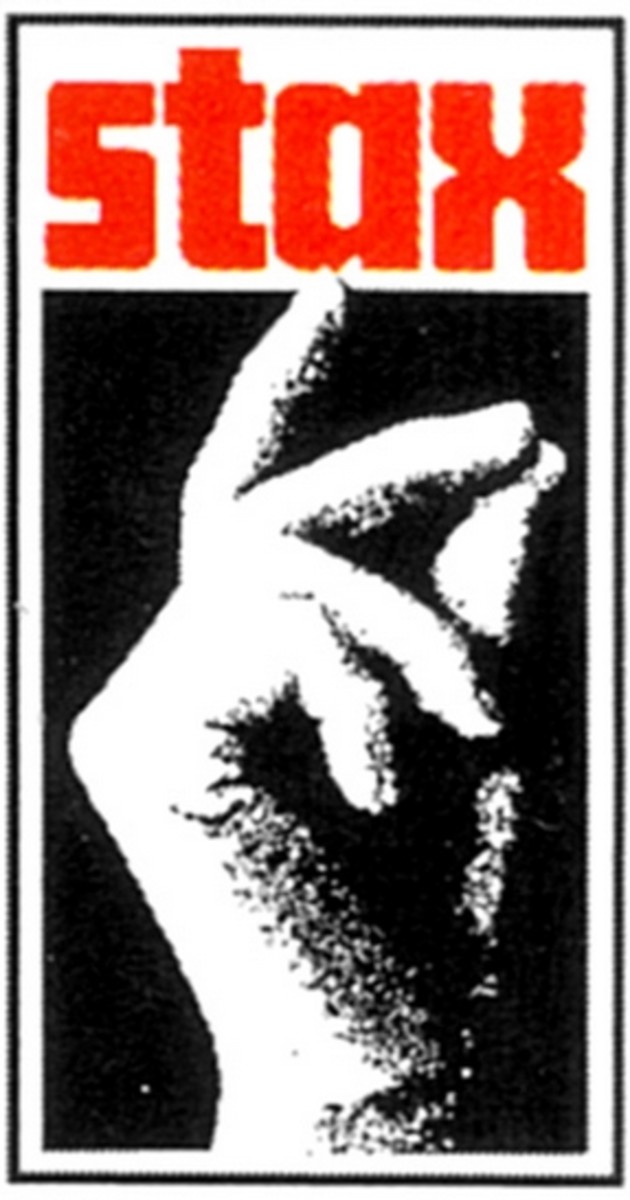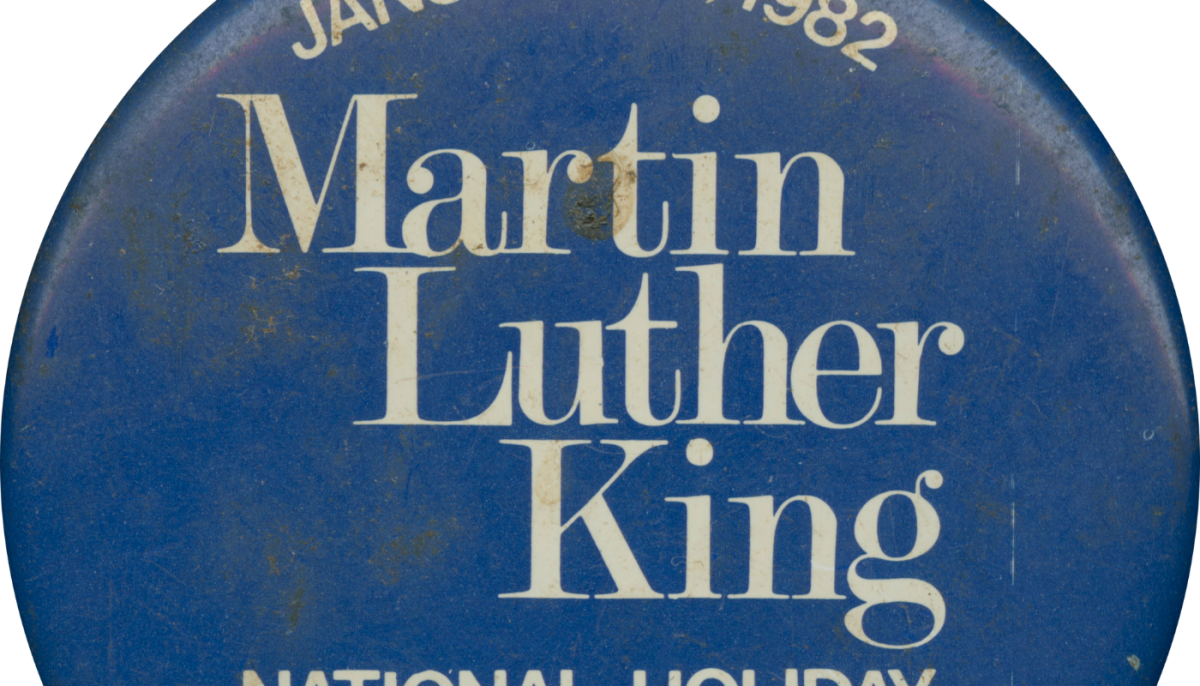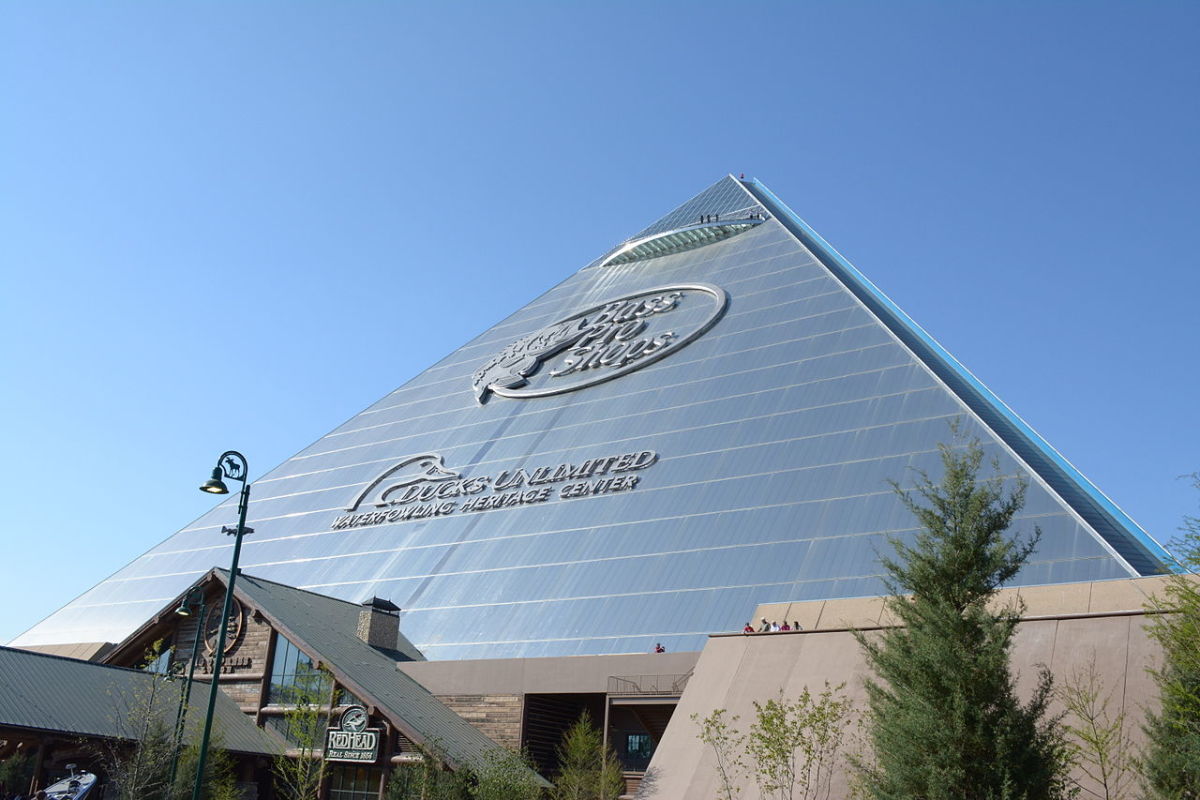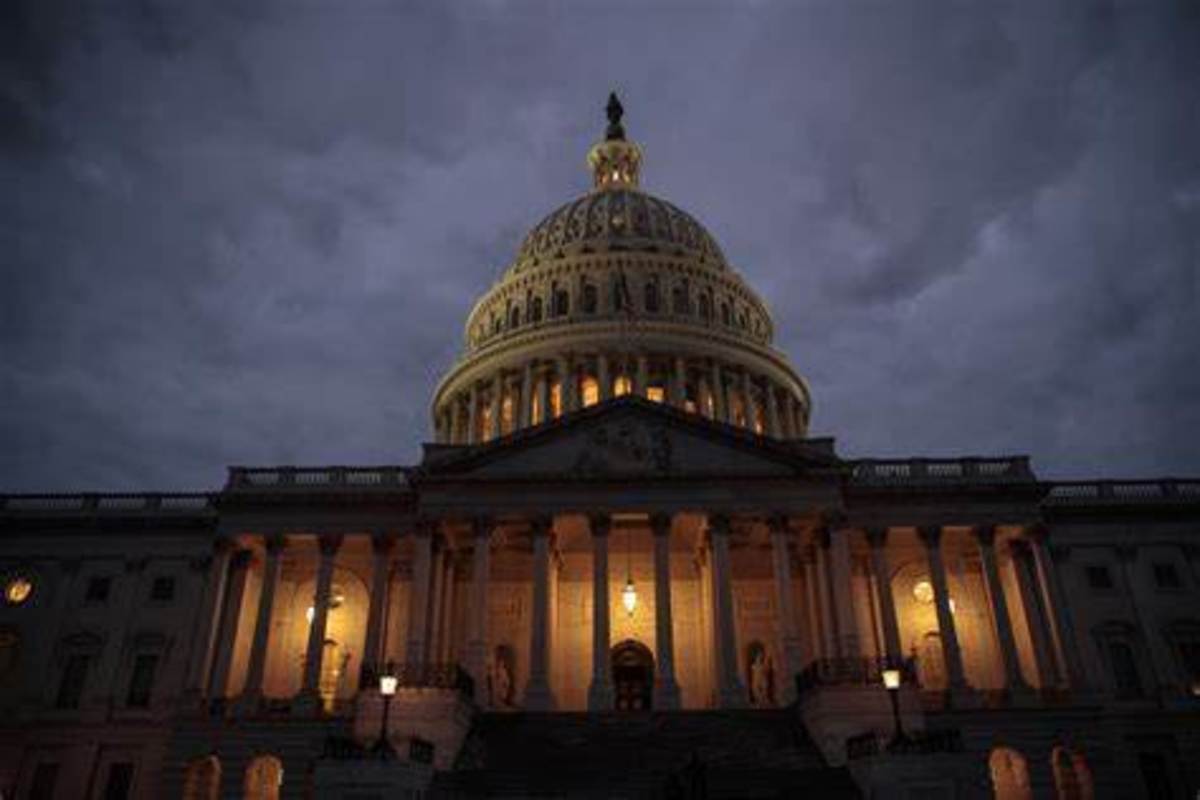Booker T. Washington was Civil Rights Pioneer

Booker T. Washington, who lived from April 5, 1856 to November 14,1915, was born into slavery and became free when the Civil War ended. The movie “Booker” shows the early years of his life. He witnessed extreme brutality against a runaway slave who was run down and beaten. Booker had a dream of learning to read but was not allowed to learn as a slave.
After the war his family moved to join his stepfather who had sent for them. There was no school and he had to work in a salt furnace operation with his stepfather and his brother. When a Black Union veteran came to town and offered to teach reading. Booker’s stepfather refused to let him attend, but his mother encouraged him and the stepfather changed his view. Education remained a lifelong passion for Booker.
He was born into slavery with a black mother and a white father in Southwest Virginia. He worked at manual labor jobs, worked his way through Hampton Normal and Agricultural Institute which is now Hampton University. He attended Wayland Seminary, which is now Virginia Union University. After he returned to Hampton as a teacher he became first leader of the New Tuskegee Institute in Alabama in 1881.
He was a dominant figure in the African American community in the United States from 1890 to 1915. He kept standing as the as the major black leader during the last 25 years of his life because he had support from powerful whites and from the black community. He worked with the realities of Jim Crow segregation.

Romantic Southern Myth
In the book “Myth and Southern History” an article by Paul M. Gaston notes that Booker T. Washington seemed in some ways go along with the stereotype of the South, in that “He stresses the loyalty of the slaves to their masters and insists that it was based on genuine love.” He goes on to say that Washington’s account of Reconstruction is also congenial to the Romantic version. Gaston does say that Washington does describe the miserable living conditions of slaves, the torturous flax shirts, and unpalatable food.
National Prominence
In 1895 he gave his Atlanta Address, which gave him national prominence and attracted the attention of politicians and the public as a spokesman for the black community. Black ministers, educators, and businessmen were his core supporters. He played a dominant role in black politics and won support from the black community and some liberal whites. Especially rich Northern whites. He gained access to top national leaders in politics, philanthropy and education. His efforts included cooperation with whites and gaining support of wealthy philanthropists. Thousands of schools were opened at various levels for black students.
W.E.B. Du bois who was heading up the newly formed NAACP, critiqued Washington for not being more aggressive about civil right. Washington said that confrontation would have disastrous results. He believed that cooperation with whites was the best way to overcome racism in the long run. He also did some civil rights work in secret, such as funding court cases.
Having made substantial contributions to education Washington wrote 14 books, including his autobiography Up From Slavery. It was published in 1901 and still being read. He helped improve relations between the races and helped prepare the way for the later civil rights movements that culminated in the 1960’s.

Tuskegee Normal and Industrial Institute
Washington believed that with some help people could go from poverty to success. The school started in 1881 using space in a local church. A year later Booker bought a former plantation which became the permanent campus. With his supervision the students built their own school, making classrooms and buildings, and raised livestock and crops providing most of their necessities. The curriculum required both men and women to learn trades as well as academics. Booker raised money to establish and operate hundreds of schools for blacks. The goal was to have the students bring skill back to the black communities and pass them on. It is now the Tuskegee University.
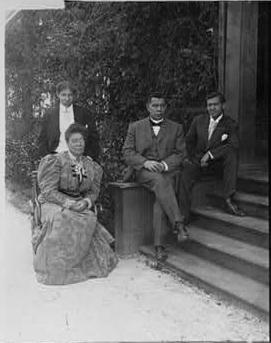
Family
He was married three times. All of his wives contributed to Tuskegee. His first wife was Fannie N. Smith who came from where he had lived from the age of nine to sixteen. They married in 1882 and had one child, Portia M Washington. Fannie died in 1884.
His second marriage was in 1885 to Olivia A. Davidson who was born in Ohio and studied at Hampton Institute and the Massachusetts State Normal School at Framingham. She was a teacher in Mississippi and Tennessee before going to Tuskegee to work. He met her at Tuskegee. They had to sons Booker T. Washington Jr. and Ernest Davidson Washington. She died in 1889.
In 1893 he married Margaret James Murray.], from Mississippi and a graduate of Fisk University, a historically black college. They had no children but she helped raise his children. She outlived him and died in 1925.
The White House
In 1900 Booker founded the National Negro Business League.
The next year he published his autobiography it became a bestseller and had a major influence on the black community as well as friend and allies. As a result he got an invitation from President Theodore Roosevelt for dinner.
The White House invitation brought repercussions. With some racist personal attacks.
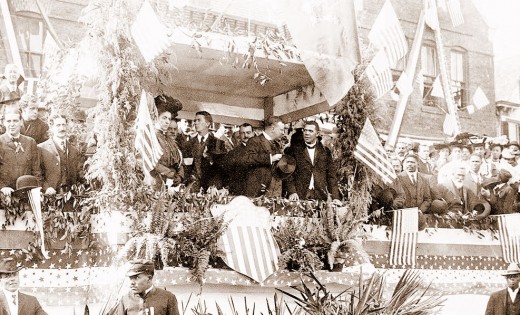
End of life at 59
He remained principal of Tuskegee but his health was deteriorating. He collapsed while in New York and died on November 14, 1915. At the time his death was thought to be congestive heart failure aggravated by overwork. In 2006 his medical records were examined and indicated that he died of hypertension.
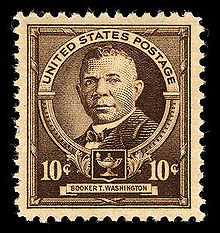
Honors
- Harvard University awarded him an honorary Masters degree in 1896. Dartmouth College honored him with an honorary doctorate in 1901.
- He was the first African American to be invited to the White House.
- In 1934 his successor at Tuskegee arranged for two African American aviators to take an air tour. The plane was named the Booker T. Washington.
- In 1942 Liberty ship Booker T. Washington the first ocean going vessel to be named for an African American.
- April 1947 He had his picture on a U.S. Postage Stamp. There was a Booker T. Washington Memorial half dollar minted from 1946 to 1951. He was also on half dollar from 1951-1954.
© 2010 Don A. Hoglund

